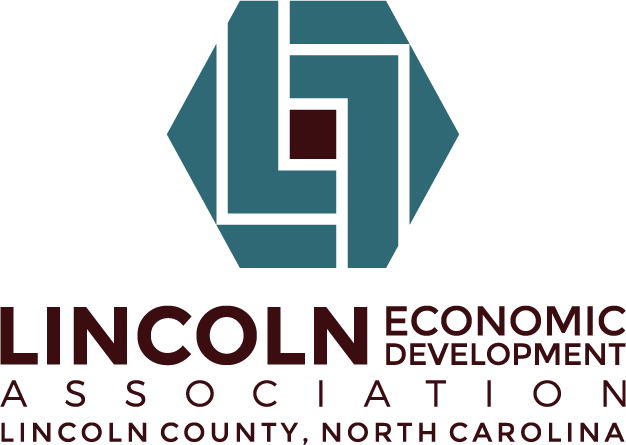Timken Plans 2nd Plant Upgrade
The Timken Company plans to invest $3.5 million to ramp up a new production line at its Lincolnton bearing plant, and next month it will seek a county economic incentive grant to make that happen. The investment would be in addition to a $16.3 million investment company officials announced in July. The previously announced investment will add two production lines and keep 44 jobs at the Lincoln County plant, where new equipment is being installed. One of the new lines will be operational in June and the second by November. Company officials said Thursday that the latest production line would add 20 new jobs by the end of 2004. All the new jobs would pay $15 – $18 an hour, said plant General Manager Seth Haney. “It’s a win-win for both the company and the county if we can keep jobs here,” Haney said. “The grants are a key part of that.” Lincolnton’s plant competed with a dozen other domestic Timken plans for the investments, Haney said. Without the grants, the jobs would have been moved out of Lincoln County, he said. The newest production line, which would be the plant’s fifth, would make anti-lock brake systems for SUVs and pickups for Ford, Chrysler, GM and some Japanese automakers, Haney said. It would increase the plant’s production capacity by roughly 20 percent, he said. Timken, which employs about 650 employees, is one of Lincoln’s top five manufacturing employers. In July, company Chairman W.R. Timken Jr. said he liked Lincolnton employees because they adapt easily to change. County officials approved $250,000 in incentive grants over five years for the $16.3 million Timken investment. If the county approves the latest incentive grant request, Timken would receive $49,367 over the next five years. That would equal about a 75 percent reduction in its county property taxes, said Barry Matherly, director of the Lincoln Economic Development Association. One of the county’s main economic development objectives has been to retain existing industry, and this is another example of that, Matherly said. “Our focus on existing business continues to pay off,” Matherly said. “Based on that, we have three other existing industries that are looking to expand this year.”





